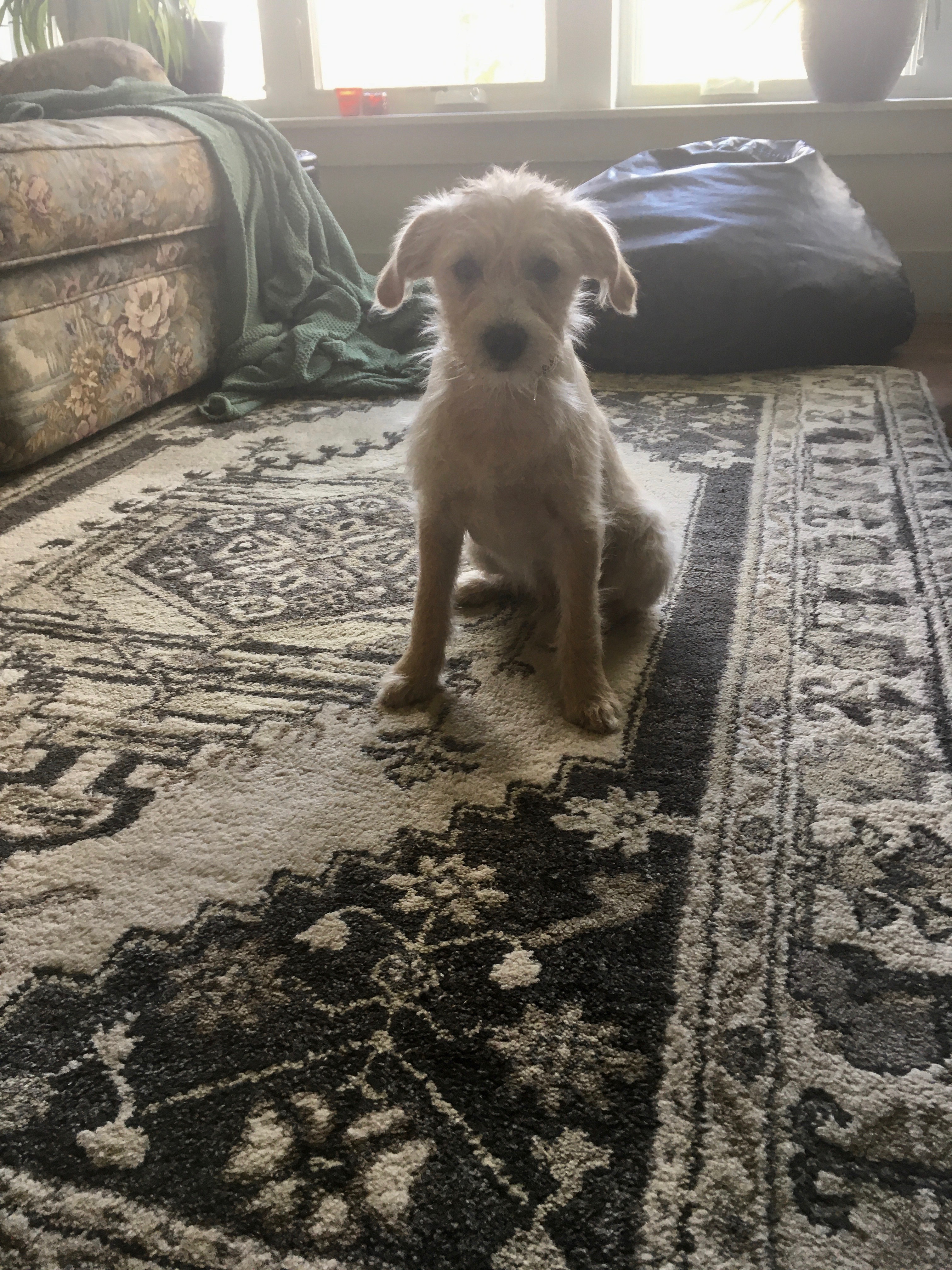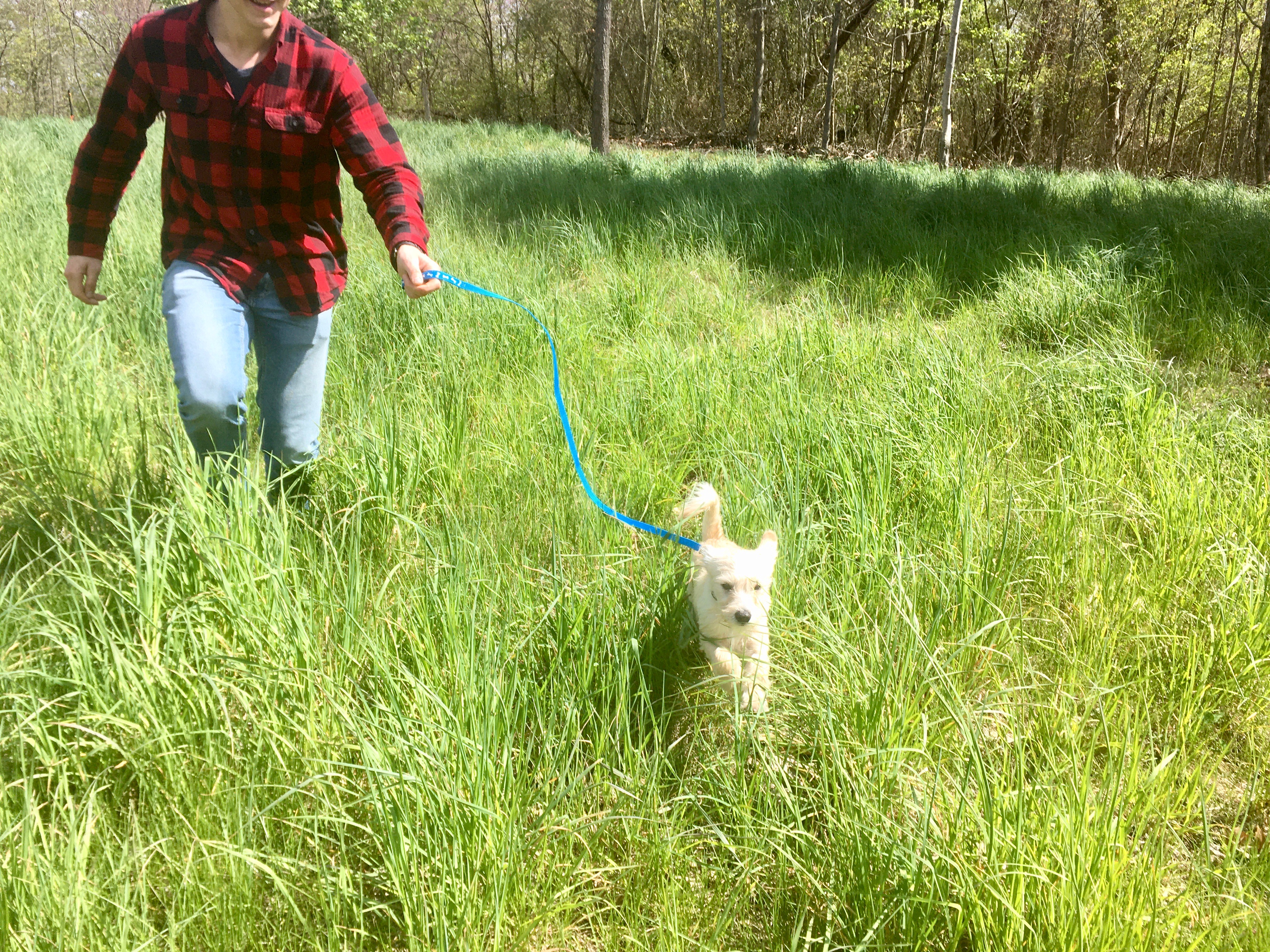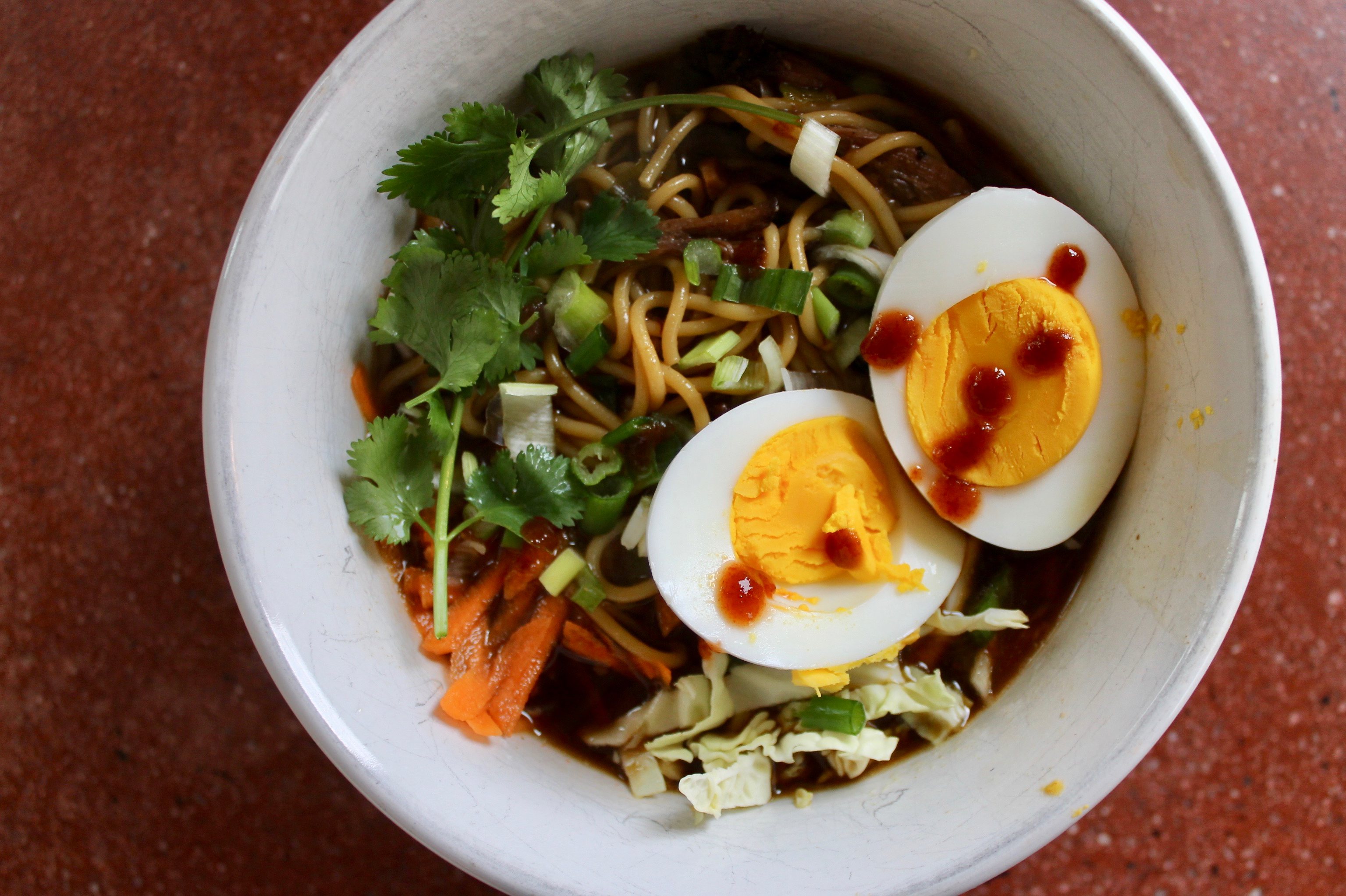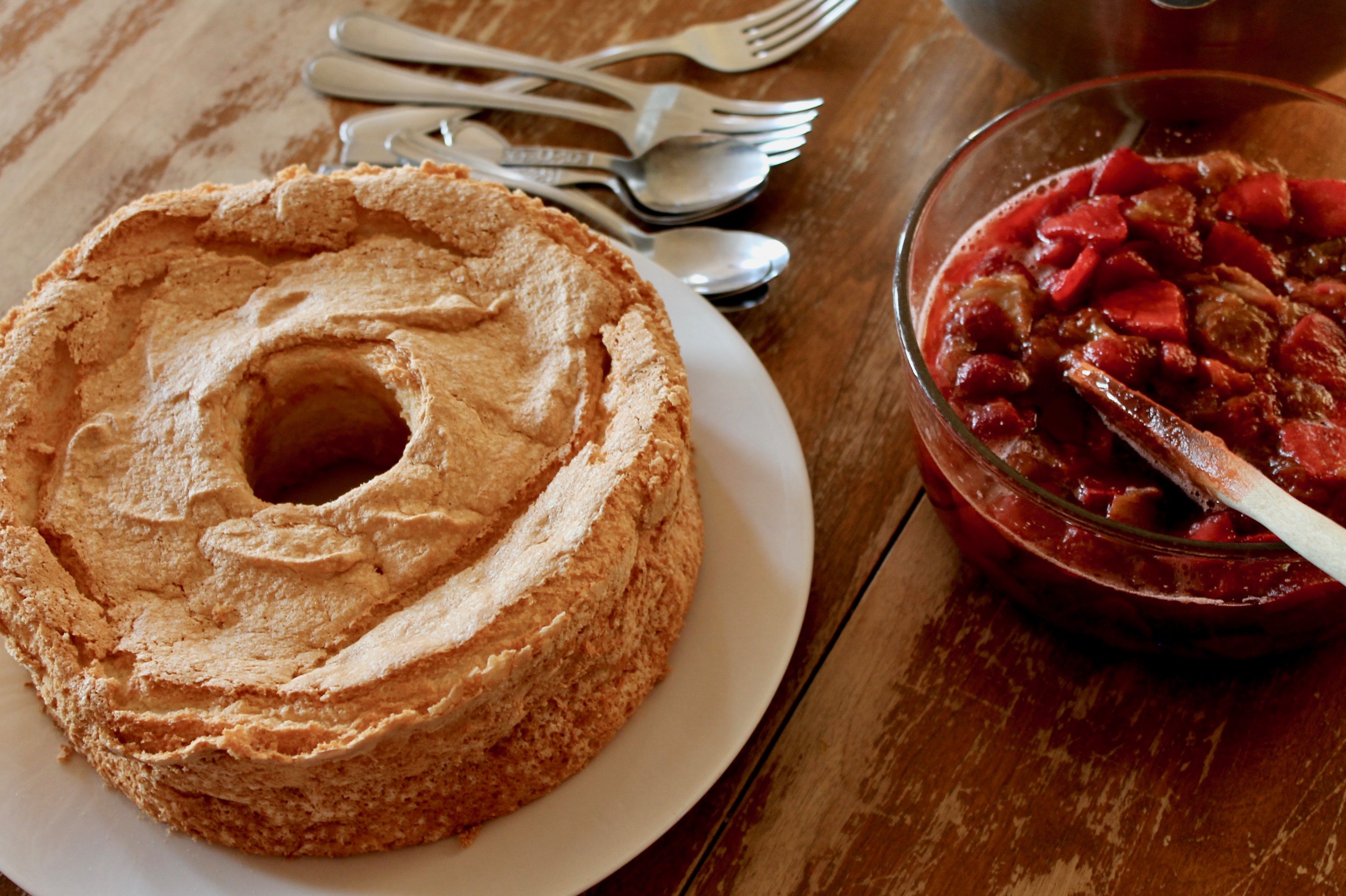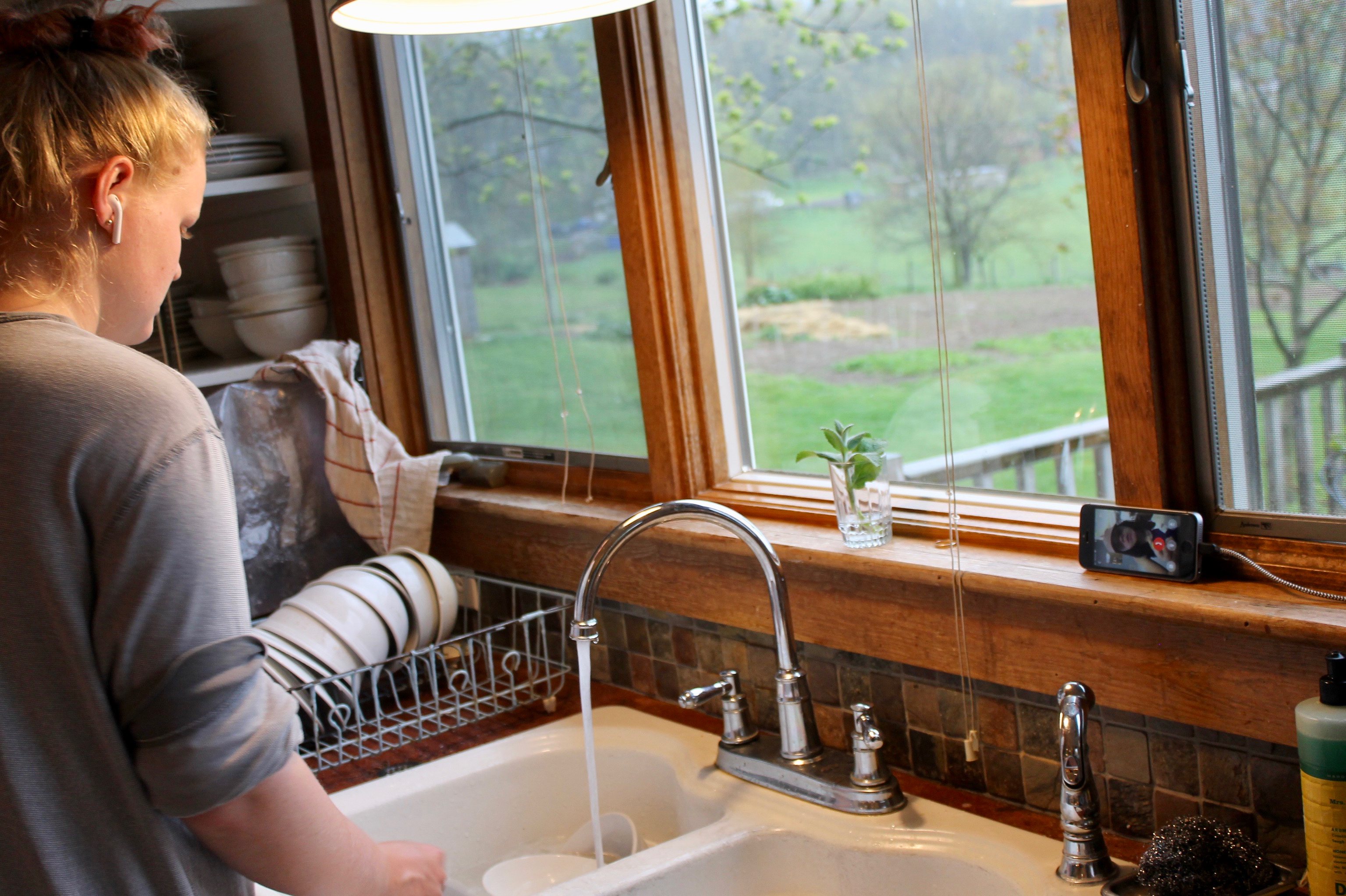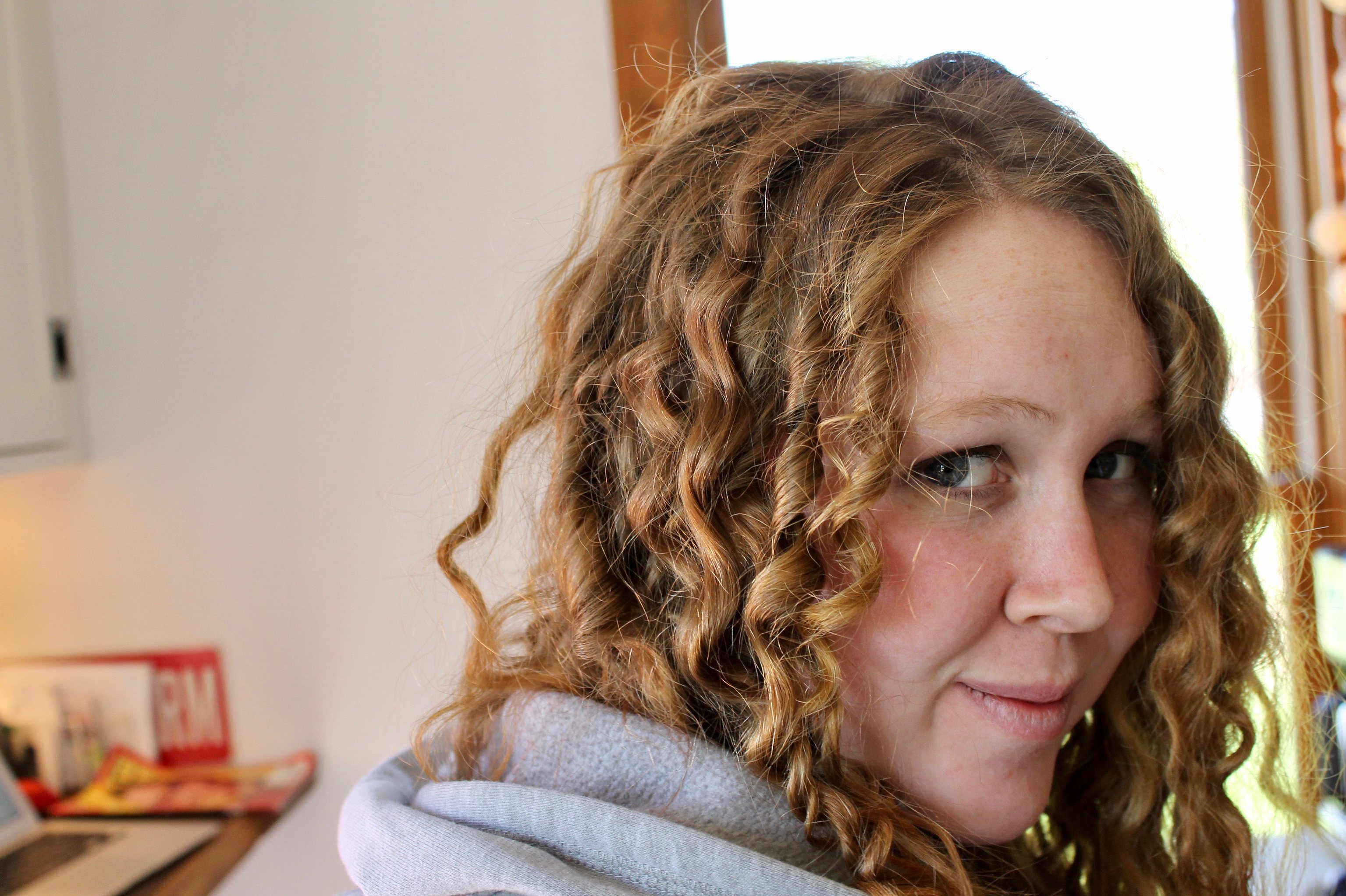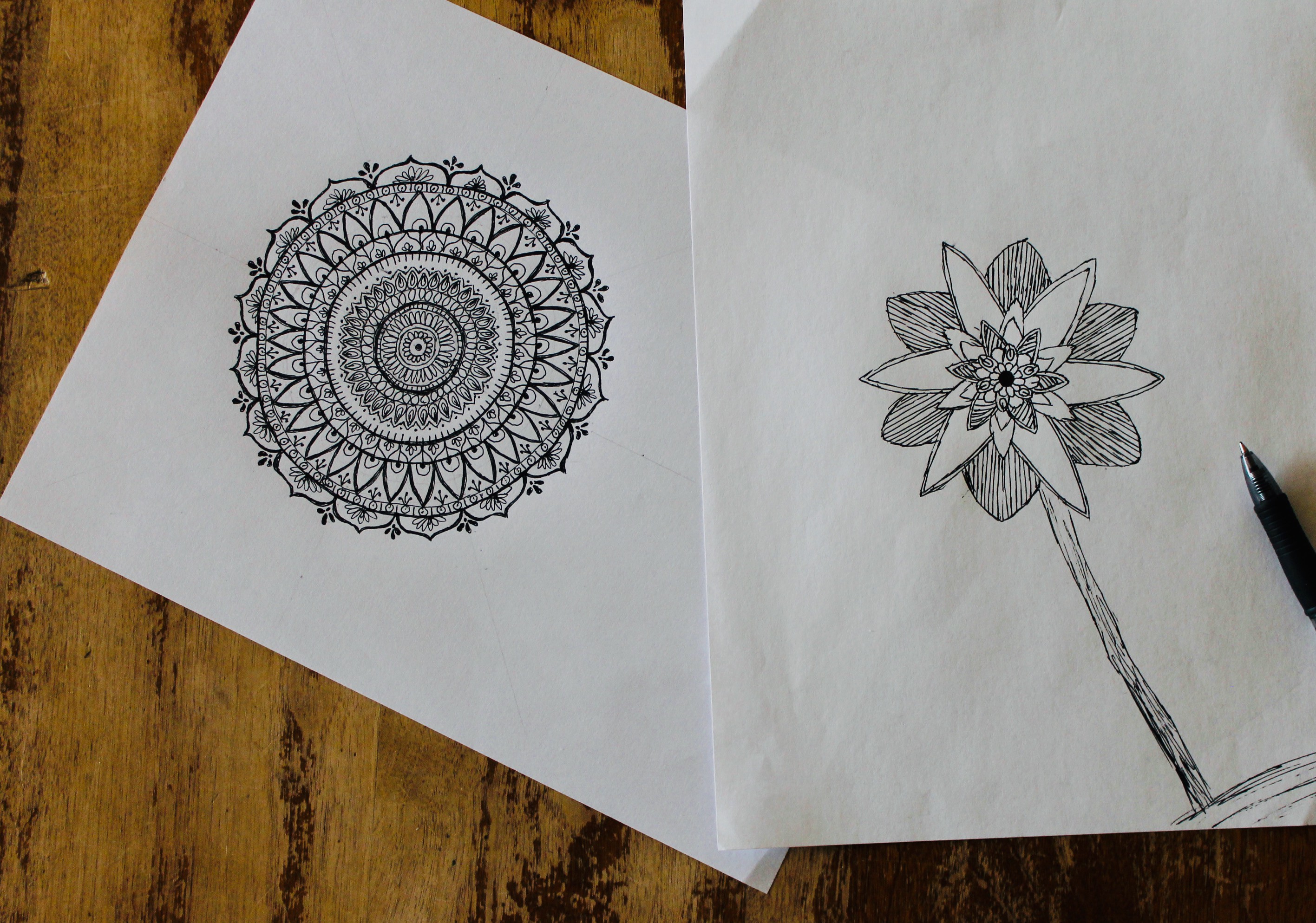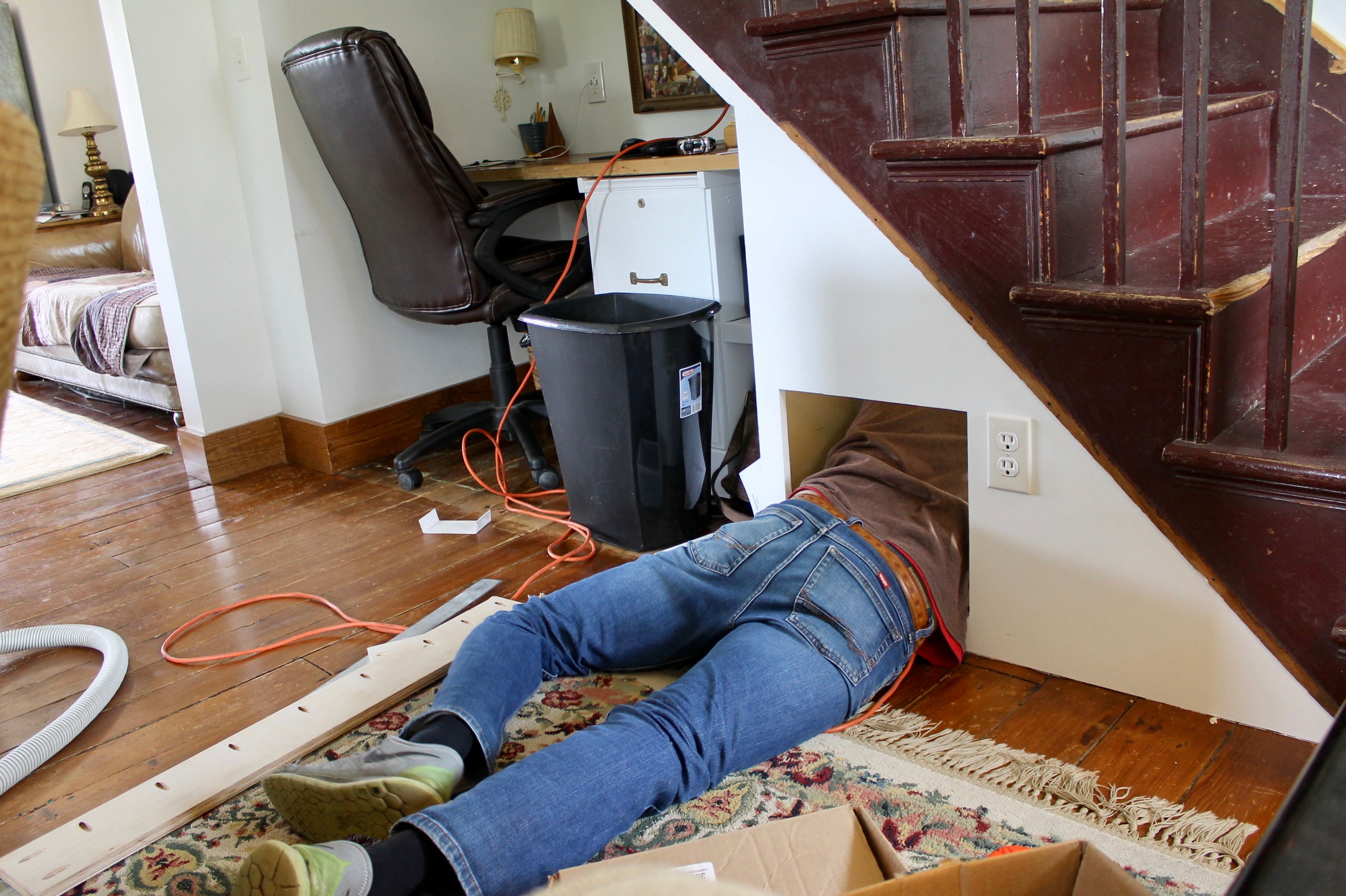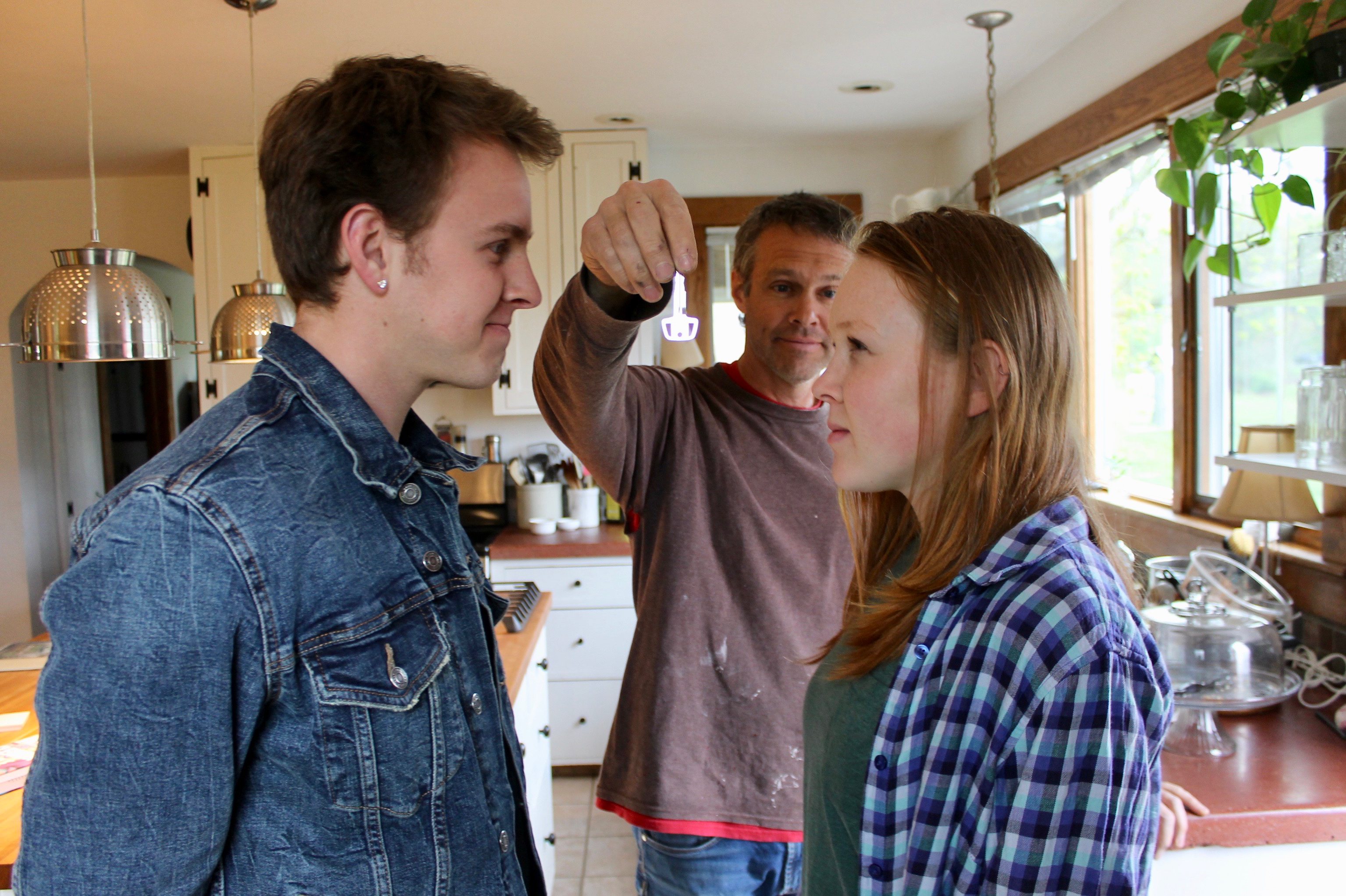As I type, my older daughter is in the middle of a video call with our doctor.
Yesterday the dogs got in a fight and when she tried to break it up, Charlotte bit her in the leg, breaking skin in two places and bruising her. (And then, the fight over, my daughter was so mad she bit Coco in the ear, ha.)
Today I decided we should probably let the doctor know, just in case it gets infected and she needs antibiotics. So she downloaded the doctor’s office chat-app, or whatever it is, on her phone (which gives her access to all her medical records, too) and is now talking with the doc and showing him her leg.
Healthcare from the comfort of the living room couch: no driving, no waiting room, no paperwork, no nothing? I feel like I just time traveled thirty years into the future.
The “novel” coronavirus doesn’t feel so new anymore. It feels wearisome. Day after day, it’s more of the same. Numbers rise. Prez doles out our daily dose of crazy. People react. Desperation increases. The economy plummets.
And those of us fortunate enough to have houses stay inside them and type on our computers and watch movies and bake cakes and try to feel grateful. Still, it’s distressing. All that suffering is right there — so close we can almost touch it — and yet here we are, banished to our comfortable bubbles and not allowed out.
But the thing is, there’s always been this divide. There’s always been unspeakable suffering and vast inequalities. Just, before we were able to venture forth to mingle and help as we could, as we saw fit, as it suited us.
Now, forced to sit on our hands and watch, we see our folly: We’ve patched together our world into an acceptable-to-us reality, covering up the ugly with our bandaids of health care laws and public education and equal rights legislation, allowing ourselves to be lulled into believing (hoping?) that those things might actually fix the economic disparity, racism, and greed.
Unfortunately for us — or maybe fortunately — the superpower of pandemics is that they are Bandaid Rippers. They tear off our carefully-placed cultural bandages exposing the painful truth beneath: our wounds aren’t healed. Rather, bone-deep and angry red, they’ve been festering all along. What a mess.
And what an opportunity.
From Arundhati Roy: This pandemic “is a portal, a gateway between one world and the next. We can choose to walk through it, dragging the carcasses of our prejudice and hatred, our avarice, our data banks and dead ideas, our dead rivers and smoky skies behind us. Or we can walk through lightly, with little luggage, ready to imagine another world. And ready to fight for it.”
Wouldn’t that be novel.
I’ve never tried a negroni but now I want to:
Also, I’m thinking Big Night would make a good family night movie, yes? After all, we already love timpano…
Recently I read in a news article something to the effect that, “Even to cooking guru so-and-so, cooking can sometimes feel like a chore.”
Well, duh, I thought. What does everyone think millions of (mostly) women have been doing all these years in the kitchen? What does everyone think those restaurant employees are doing behind those swinging doors?
Working, it’s called. That’s what cooks do — NEWSFLASH — they work. Yes, sometimes cooking is a creative outlet, but much of the time it’s just straight-up drudge, tedious and ordinary and boring and exhausting, even for people who enjoy it.
And this is okay.
The good news is, once cooking becomes routine — a necessary inconvenience that one must do to, you know, stay alive — it gets easier.
And then, watch out. Because once boring tasks become easy, creativity just might happen.
Bon appetit!
And finally, my parents got a puppy.
They named him Buster. He’s four months old and likes to play fetch, and he’s super cuddly.
And now my kids want to live with my parents.
This same time, years previous: the quotidian (4.29.19), graduated!, full disclosure, thank you for holding us, the quotidian (4. 27. 15), the quotidian (4.28.14), church of the Sunday sofa, mousy mayhem, baked beans.

